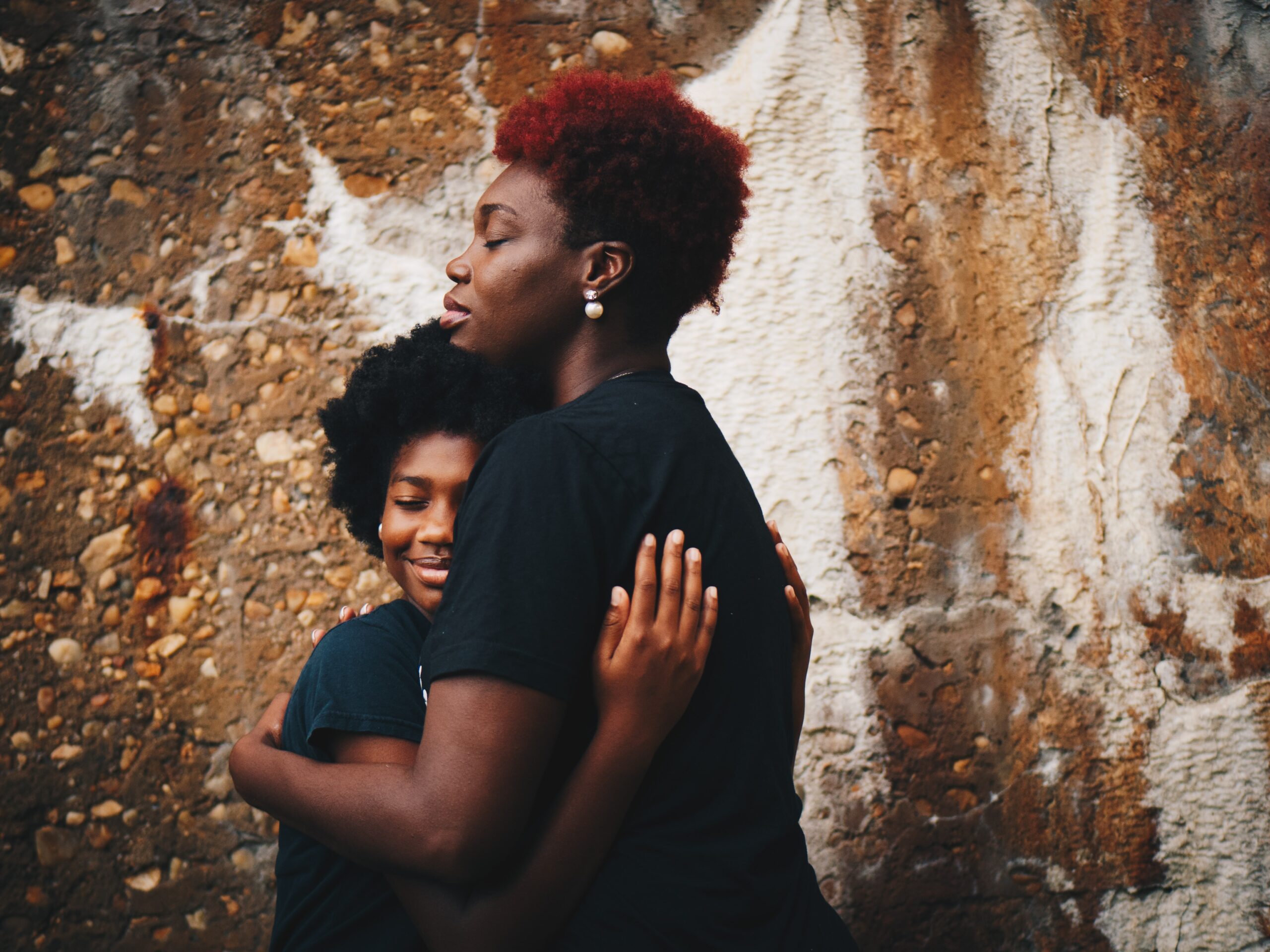We offer online or in-person group and individual evidence-based Cognitive Behavioral Therapy and Batterer intervention education, assessments, and proof of enrollment. Our courses range from 16 to 52 weeks. Classes start at $25.00 each week plus $50.00 assessment fees.

Assessment
Anger and domestic violence are very complex. To get to the root causes, a thorough client assessment should be performed at the beginning of the therapeutic process. A Biopsychosocial Assessment is an assessment typically conducted by therapists and counselors, which assesses for biological, psychological, and social factors contributing to a problem or problems with a client. It’s considered a holistic assessment, looking at a client on all levels, including culture, education and work history, family and marriage difficulties, and medical issues to better identify an individual’s needs.
16-week anger management course
- What is anger?
- The power of anger & its triggers.
- What is healthy anger?
- Defusing anger & stress management.
- Handling anger effectively.
- Anger & assertiveness.
- Conflict management.
- Learning how to forgive.
- Taking a time-out.
- Cognitive distortions & changing your thinking.
- Emotional intelligence.
- Relationship building.
- Playing the tape through & consequences.
- Preventing aggression.
- Stop blaming & accept responsibility.
- Rage & managing anger long term.
Domestic violence batterer intervention education.
- Warning signs.
- Cycle of abuse.
- The drama triangle.
- First steps toward change
- Active listening.
- No more going ballistic.
- Saying goodbye to payback.
- Aggresion or self defense?
- Getting proper help.
- Connecting to the positives.
- Setting boundaries.
- Types of anger.
- How to express healthy anger.
- Coping with anger.
- Coping with anger part 2.
- Emotional intelligence.
- Healthy communication.
- Understanding cognitive distortions.
- Fixing cognitive distortions.
- Cultural norms that support violence.
- Family history.
- Repeating unhealthy patterns.
- Checklist for recovering abusers.
- Effects on children.
- The batterer as parents.
- Emotional engagement inventory for perpetrators of violence.
- Domestic violence & substance abuse.
- Harmful behaviors.
- Duluth power and control log.
- Emotional abuse.
- Your behavior is a choice.
- Owning the harm you have done.
- Stop bargaining.
- Making meaningful apologies.
- Destructive beliefs about manhood.
- Be serious about change.
- Grief recovery.
- Personal accountability.
- Who is affected by DV?
- Empathy & relationships.
Survivors of domestic violence 8-week course
Intended for adult survivors of relationship abuse, also referred to as domestic violence, emotional abuse, intimate partner violence, relational abuse, or domestic abuse. If you experienced an abusive relationship & managed to leave, be proud of yourself, you have taken the first step. Now let’s get you the help you need to recover.
- Understanding domestic violence & recovery.
- Empowering yourself.
- Letting go of guilt & shame.
- Handing stress & anxiety.
- Releasing anger.
- Changing how you talk to yourself.
- Healthy communication.
- Moving on to healthy relationships.
